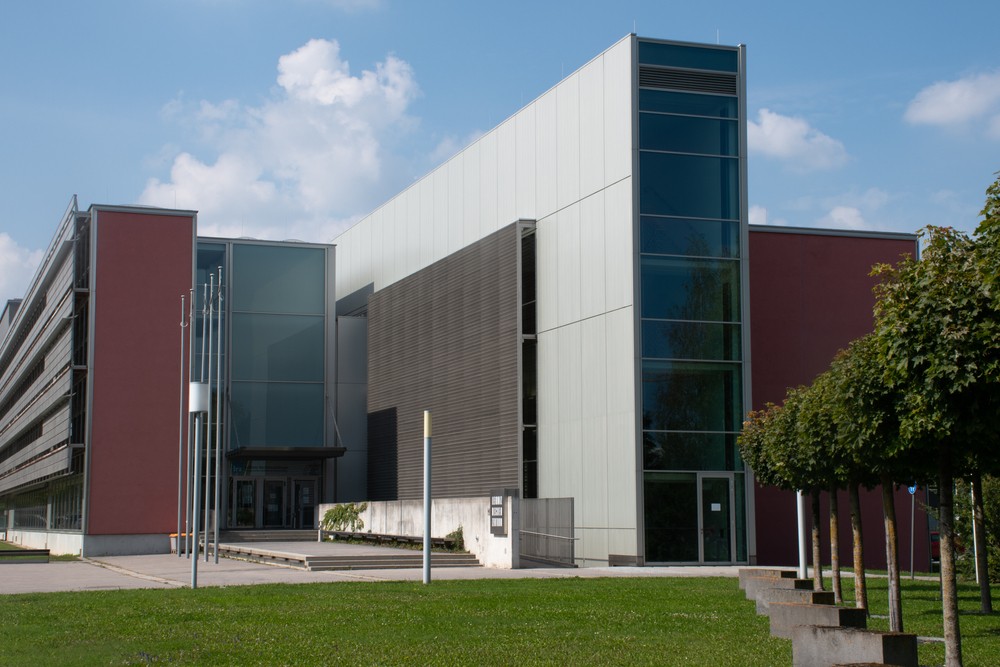Q.ANT has delivered its Native Processing Server (NPS) to the Leibniz Supercomputing Centre (LRZ), marking the pioneering integration of an analog photonic co-processor into an operational high-performance computing (HPC) environment. This transformative deployment sets the stage for LRZ to assess photonic acceleration for AI and simulation tasks, showcasing a revolutionary path towards enhanced performance alongside reduced energy consumption.
LRZ stands among Europe’s elite data centres, a titan in supercomputing, driving scientific advancements worldwide. With its state-of-the-art infrastructure, LRZ not only supports but catalyses breakthrough discoveries across various fields. The collaboration with Q.ANT is reshaping the paradigms of data centre performance, energy efficiency, and system infrastructure, heralding a new dawn where light's analog precision remediates AI's scaling challenges.
Artificial intelligence pushes computing boundaries, challenging data centre on power and space constraints. Enter Q.ANT's photonic chips—generating no heat and thus eliminating the need for costly cooling. Light's unique properties enable more rapid and efficient processing of complex calculations, paving the way for a new era of high-performance, energy-saving server solutions:
- Achieve up to 90x reduced power consumption due to lower heat and cooling needs.
- Enhance data centre capacity by 100x owing to greater computational density and speed.
- Deliver 16-bit floating point precision with near-perfect accuracy.
- Seamlessly integrate with existing infrastructure, utilising standard PCIe interfaces and x86 software compatibility, including PyTorch and TensorFlow support.
This project pioneers research into hybrid digital-analog architectures for futuristic HPC settings, reinforced by funding from the German Federal Ministry of Research, Technology and Space. Deploying Q.ANT’s NPS broadens this scope to include photonic analog computing—a concept previously impractical before Q.ANT's photonic strides.
LRZ leverages the NPS to establish innovative benchmarks and tangible use-cases for climate modelling, real-time medical imaging, and materials simulation for fusion research. By beginning with an initial evaluation phase at LRZ, involving the installation of cutting-edge Q.ANT NPS units and selecting benchmark tasks, a stronger role in developing energy-efficient high-performance computers is solidified.
The project, backed by national funding with endorsement from research, industry, and governmental stakeholders, reaffirms Germany’s leading position on the global research stage. Speakersonically captured the endeavour’s promise, underscoring the success seated within German technological advancement.




